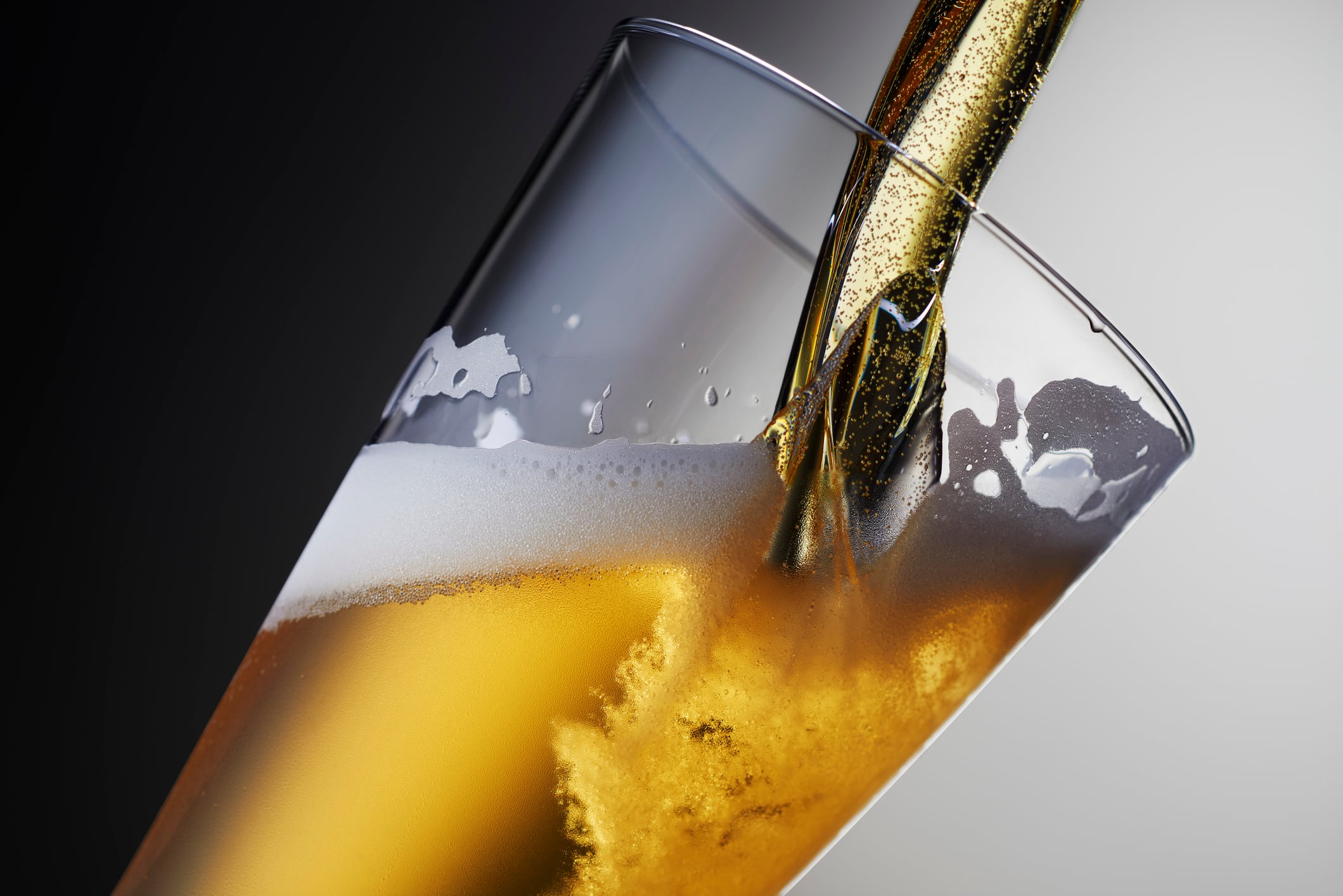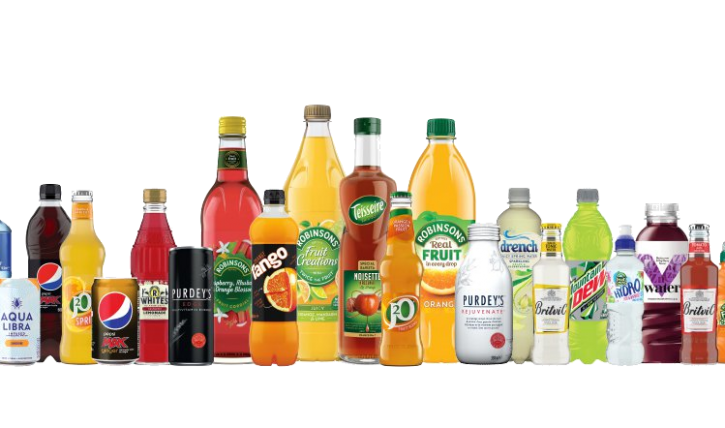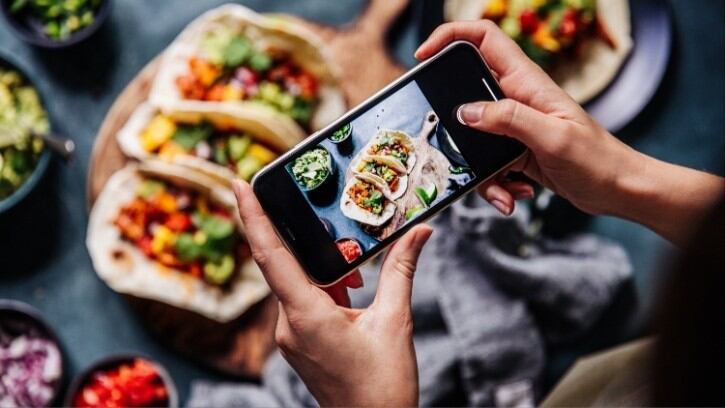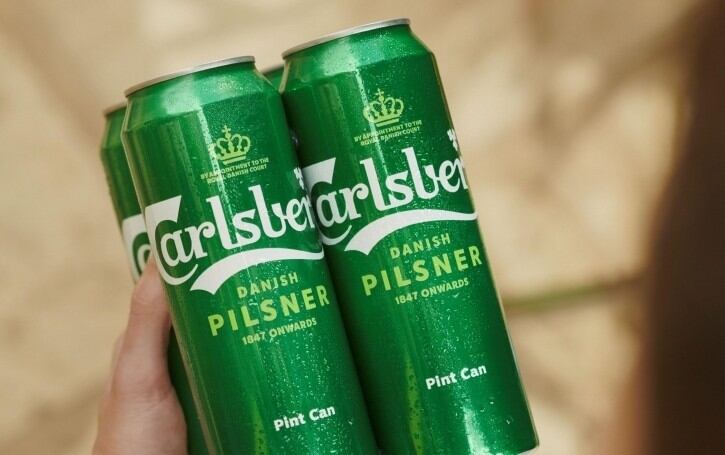Whilst there has been obvious consolidation in the vegan and plant-based market, since retail sales peaked in 2020, the demand for alternatives still offers ripe opportunity for those who can ‘do it right’.
The numbers vary depending on which dataset you’re looking at, but most analysts are indicating that the global vegan food market is on the up.
Grandview Research suggests that it will have grown by 10.7% between 2023 and 2030, while Fortune Business Insights suggests a more favourable CAGR of 13.51%.
According to the Vegetarian Society, around 4.5% of the UK population follow a meat-free diet. The Food Standards Agency’s Food and You survey, which covers England, Wales and Northern Ireland, indicates that 3% of the population is vegetarian, with 1% following a strict vegan diet. When combined with YouGov data that has been tracking this data since 2019, the figure sits at 1.5%.
However, following a strict dietary pattern is not a prerequisite for vegan purchases; and research from the Chartered Trading Standards Institute has found a strong appetite for plant-based and vegan choices, with 52.3% of poll respondents saying they have bought such alternatives in the past.
When thinking about vegan choices, one’s mind will most likely fall to meat or dairy alternatives, but there has also been a quiet interest purring in the background for vegan beer too.
The vegan beer market
Over the last 12 months, Google Trends has seen spiking interest in ‘vegan beer’ in the UK, with December 2023 seeing peak popularity. Today, it’s around half as popular, but it does appear to be witnessing consistent peaks and troughs. In comparison, the term ‘vegan food’ has remained fairly steady.
Magic Cask, which is part of the craft beer portfolio business In Good Company, is among the brands that has seen noticeable growth in veganism.
Although most beer is vegan, there are some styles that use non-vegan ingredients. These include additives such as lactose which low and no brewers sometimes use to build in mouthfeel, mead (which uses honey) to kickstart fermentation, and finings like isinglass (a gelatin derived from the swim bladders of fish) in their brewing process to aid the conditioning and clarity of beers.
"The UK has seen a growing trend of consumers looking for healthier alternatives, including when sitting down at the pub for a pint of beer,” explained Andrew Kruze, Magic Rock marketing manager.
“We’ve seen a growing demand for gluten-free and vegan-friendly beers, which led us to launch our vegan-friendly core range in keg and can, alongside our gluten-free beers Saucery and Fantasma. Our aim has always been simple: to create beers we love to drink and proudly serve to everyone. As a result, we have been keen to offer an alternative to isinglass-fined traditional cask and meet demand from cask consumers."
New methods and ingredients
Over the last year, Magic Cask’s head of production, Ari Rovati, has been working to transform its products to be vegan friendly – and vegan cask beer has been the most recent breakthrough for the business.
"On the whole, we try to make our releases as accessible as possible. The majority of our keg and can products are all vegan-friendly, unfiltered, and brewed without the use of isinglass finings, with the exception of a few special releases. This got us thinking, as a business built on the accessibility of modern-day beer, we wanted to ensure everyone could enjoy our full range, including cask, which personally is some of my favourite beer to drink,” elaborated Rovati.
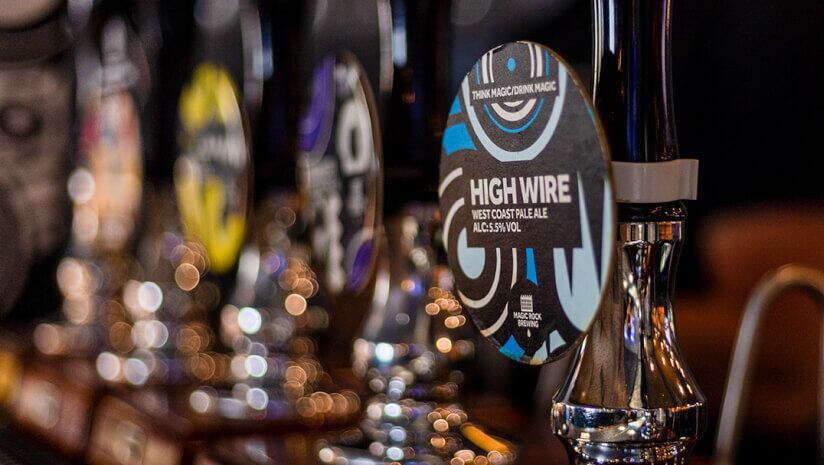
He continued: "After extensive trials across all our cask products throughout 2023 and 2024, we have switched to a vegan-friendly fining agent, Super F. This will ensure all our cask beer will continue to have the same appearance and taste like they have since Magic Rock was founded in 2011. The new finings will work on the same principle as the previous finings, and the change will not impact quality, flavour or aroma.
“The only difference will be that while tapping and conditioning remain the same, it will take a little longer (up to three days) to completely drop bright. As a modern, craft brewer we are excited about the future and our ability to offer hazy and unfined cask beers.”
London-based brewery Small Beer is a 100% vegan brand. As mentioned, lactose is often used to build in body for lower alcoholic beers.
To avoid using this ingredient, Small Beer instead uses twice the amount of ingredients per percentage point brewed and stores its beers far longer than the industry standard. This provides the yeast and protein sufficient time to naturally settle out and results in a range of four beer styles below 2.8% that are all vegan friendly.
Seven Bro7hers has also witnessed growing momentum in the vegan beer space and for 90% of its business which is craft keg beer it doesn’t use any animal-derived ingredients.
“We have seen an increase in people asking the question without a shadow of a doubt over the last five years,” Seven Bro7hers CEO and one of the seven siblings behind the business, Keith McAvoy, said.
He estimated that the business has probably seen around a 10% rise in customers asking if its beer is vegan but added that he’s not convinced the market is strong enough yet to ‘shout about it’.
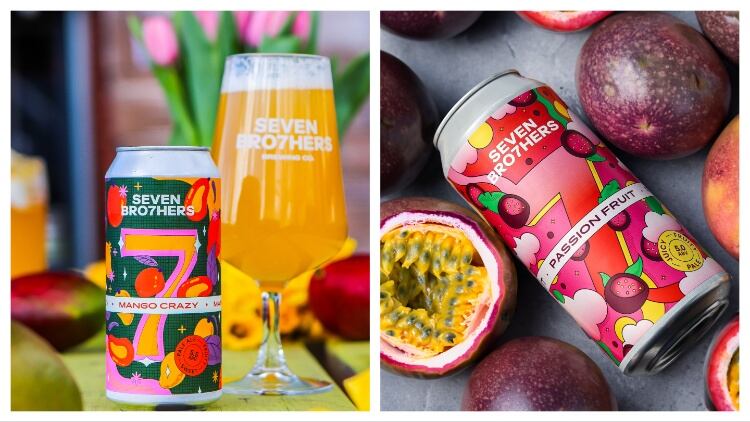
“As soon as you start labelling your products vegan or gluten-free, regardless of how it tastes or looks, it starts to have a bearing on people who aren’t vegan.”
In other words, free-from can sometimes be negatively associated to notions of free-from flavour too!
The “90% vegan” family-run business as McAvoy described it, was inspired by the family’s own dietary preferences.
“Vast members of my family are vegan so that had a direct personal bearing on our choices […] together with the increase of requests [from customers].”
As referenced earlier, isinglass is a traditional part of the brewing beer process, enabling producers to obtain a clear-looking beverage. So how do you manage without?
While there are plant-based finings such as carrageenan seaweed available, the beer can also be filtered, centrifuged or simply left longer to drop bright naturally.
Breaking it down into very simple terms, McAvoy explained that the ‘crash cooling’ process Seven Bro7hers implements allows for the ‘matter’ (a protein-like mixture of barley and hops etc.,) to sink to the bottom of the fermenting vessel, so it can be kegged without including that hazy substance.
McAvoy added there are potential plans to experiment with the advertising of Seven Bro7hers’ vegan options, which would be kicked off as a small batch of more obviously signposted vegan cask beers.
“If it’s received extremely well on a small batch, we can take that opportunity and roll it out to a much wider audience.”
While most beers are vegan, labelling is not a legal requirement. However, for anyone looking to confirm if their beer meets their vegan dietary preferences, they can visit this handy tracker tool, Barnivore.com.
In other news, we summarise the biggest trends in active nutrition.


